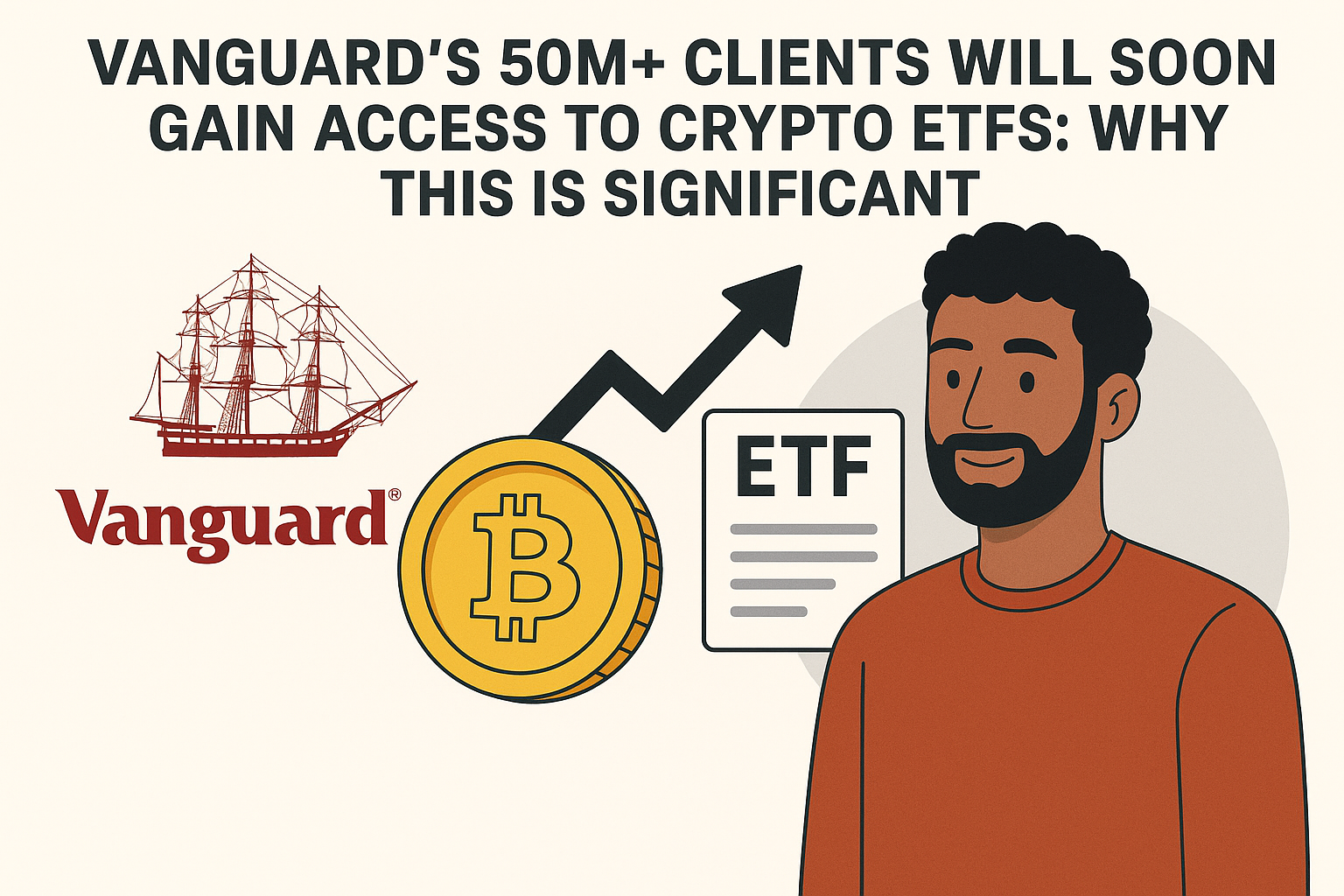Table of Contents
Selling Bitcoin anonymously can be challenging because Bitcoin transactions are recorded on a public ledger called the blockchain. If you're interested in maintaining your privacy while selling Bitcoin within legal boundaries, you can consider the following general guidelines:

6 Ways to Sell Bitcoin Anonymously
- Use a peer-to-peer (P2P) exchange: P2P exchanges connect buyers and sellers directly, allowing you to interact with individuals rather than a centralized platform. This can offer some level of anonymity.
- Utilize privacy-focused cryptocurrencies: Consider converting your Bitcoin to privacy-focused cryptocurrencies like Monero (XMR) or Zcash (ZEC) before selling. These cryptocurrencies offer enhanced privacy features that can obscure transaction details.
- LocalBitcoins or other local trading platforms: Platforms like LocalBitcoins enable users to find buyers/sellers in their local area for face-to-face transactions. This method can provide some anonymity, but exercise caution and meet in public places for safety.
- Over-the-counter (OTC) trading: OTC trading involves direct transactions between parties without using an exchange. OTC desks or brokers may facilitate such trades, and you can inquire about their privacy policies and procedures.
- Use a Bitcoin mixer (also known as a Bitcoin tumbler): Mixing services allow you to mix your Bitcoins with other users' funds, making it harder to trace the source of the coins. However, be cautious, as the use of mixers may raise suspicion and may not guarantee complete anonymity. Here is a list of the Top Bitcoin Mixers.
- Personal network or trusted individuals: If you have a trusted network of individuals interested in buying Bitcoin, you can consider selling directly to them. This can provide a higher level of privacy and trust.
Remember, while these methods may offer some level of anonymity, they are not foolproof, and determined entities can still potentially trace Bitcoin transactions.
It's crucial to stay informed about evolving regulations and consult with a legal professional knowledgeable about cryptocurrency laws in your jurisdiction.








